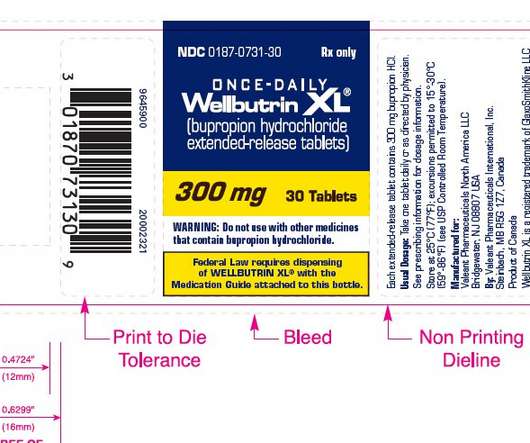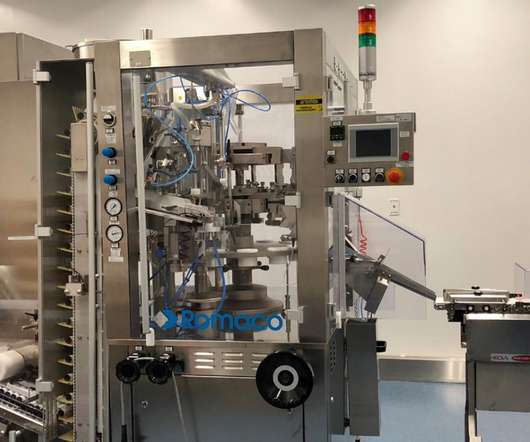A PSA on PSGs: PSG Meetings Are Now Available
FDA Law Blog
MARCH 5, 2023
Koblitz — FDA uses its Product Specific Guidance documents (“PSGs”) to provide recommendations as to the bioequivalence testing necessary for approval of a generic drug. FDA may deny a PSG if the applicant’s bioequivalence testing started after the PSG publication.













Let's personalize your content